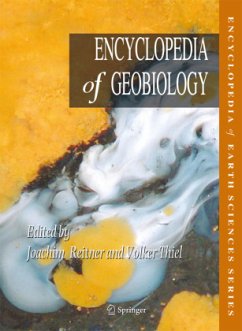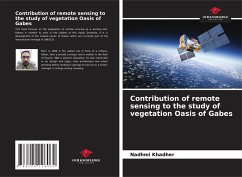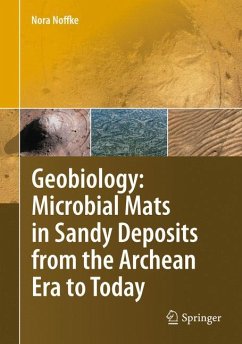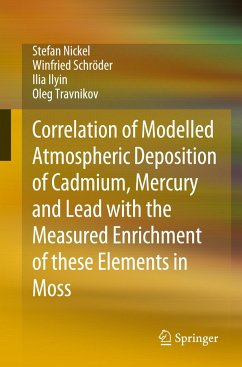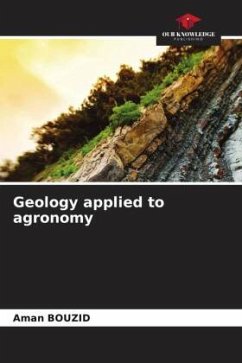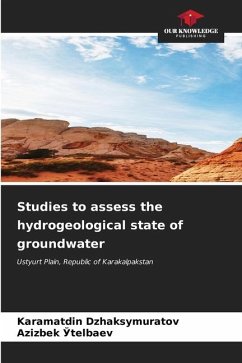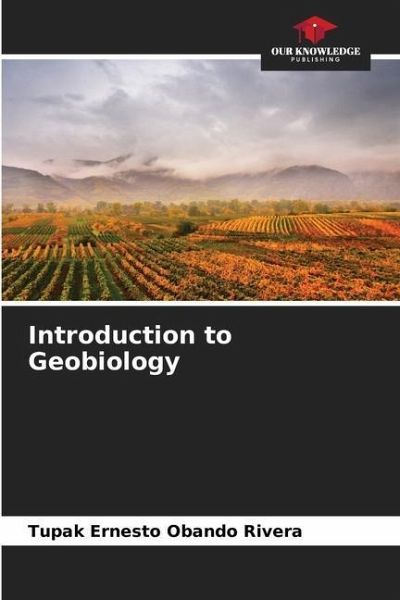
Introduction to Geobiology
Versandkostenfrei!
Versandfertig in 6-10 Tagen
27,99 €
inkl. MwSt.

PAYBACK Punkte
14 °P sammeln!
Geobiology is the discipline (science) that studies the presence of natural geological disturbances (groundwater flows, faults, metal deposits, etc.) and telluric networks and points (cosmotelluric chimneys, Hartmann and Curry lines, etc.) and their impact on living beings, generally associated with the terrain on which buildings are erected (for example, how we are affected if a fault and a Hartmann line intersection converge under our bed). Numerous studies and research have shown that prolonged exposure to these disturbances can be harmful or even fatal to health. With the information provi...
Geobiology is the discipline (science) that studies the presence of natural geological disturbances (groundwater flows, faults, metal deposits, etc.) and telluric networks and points (cosmotelluric chimneys, Hartmann and Curry lines, etc.) and their impact on living beings, generally associated with the terrain on which buildings are erected (for example, how we are affected if a fault and a Hartmann line intersection converge under our bed). Numerous studies and research have shown that prolonged exposure to these disturbances can be harmful or even fatal to health. With the information provided by geobiology, we can look for solutions to live in spaces that are biotically more harmonious for their inhabitants. Researchers involved in geobiology belong to fields such as geochemistry and biogeochemistry, mineralogy, sedimentology, climatology and oceanography, soil science, palaeontology, microbiology, physiology and genetics, ecology and in general to all those geological specialities in which the influence of living beings is to be understood.







